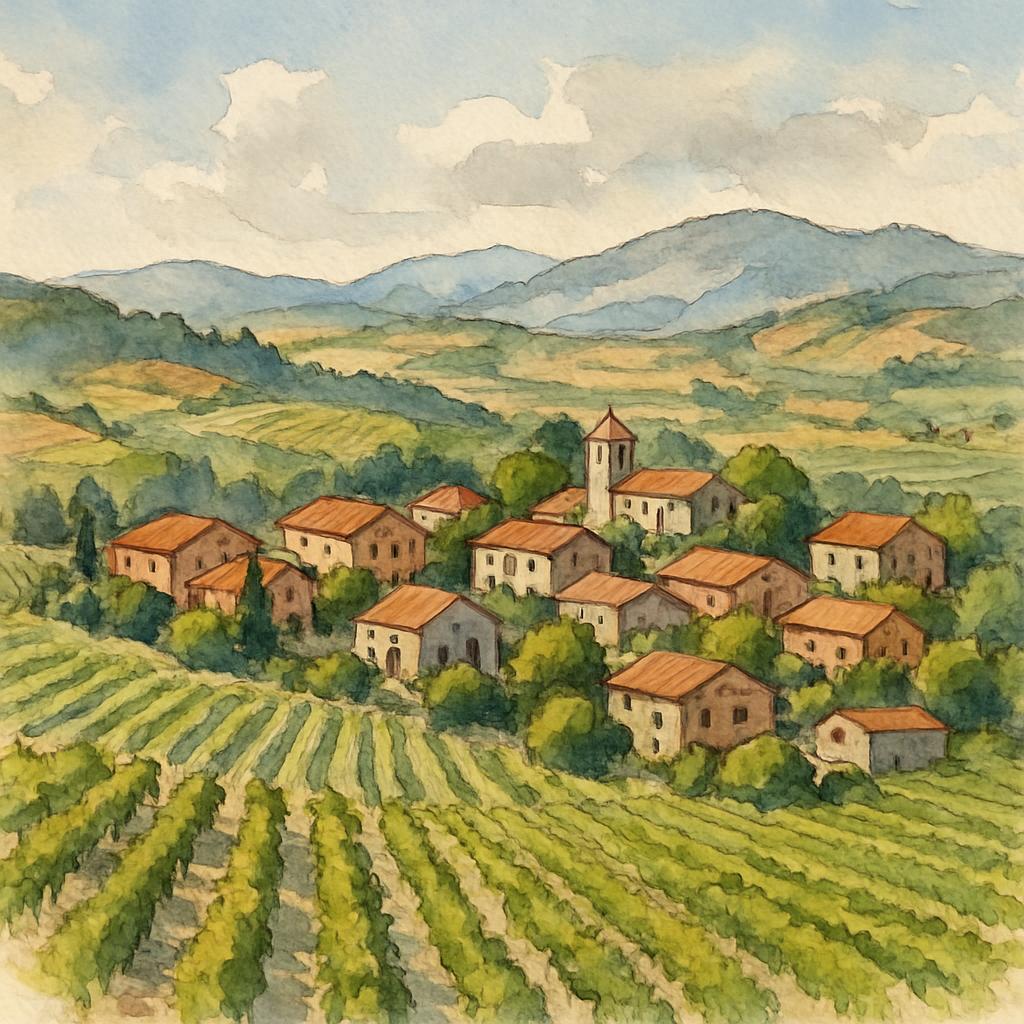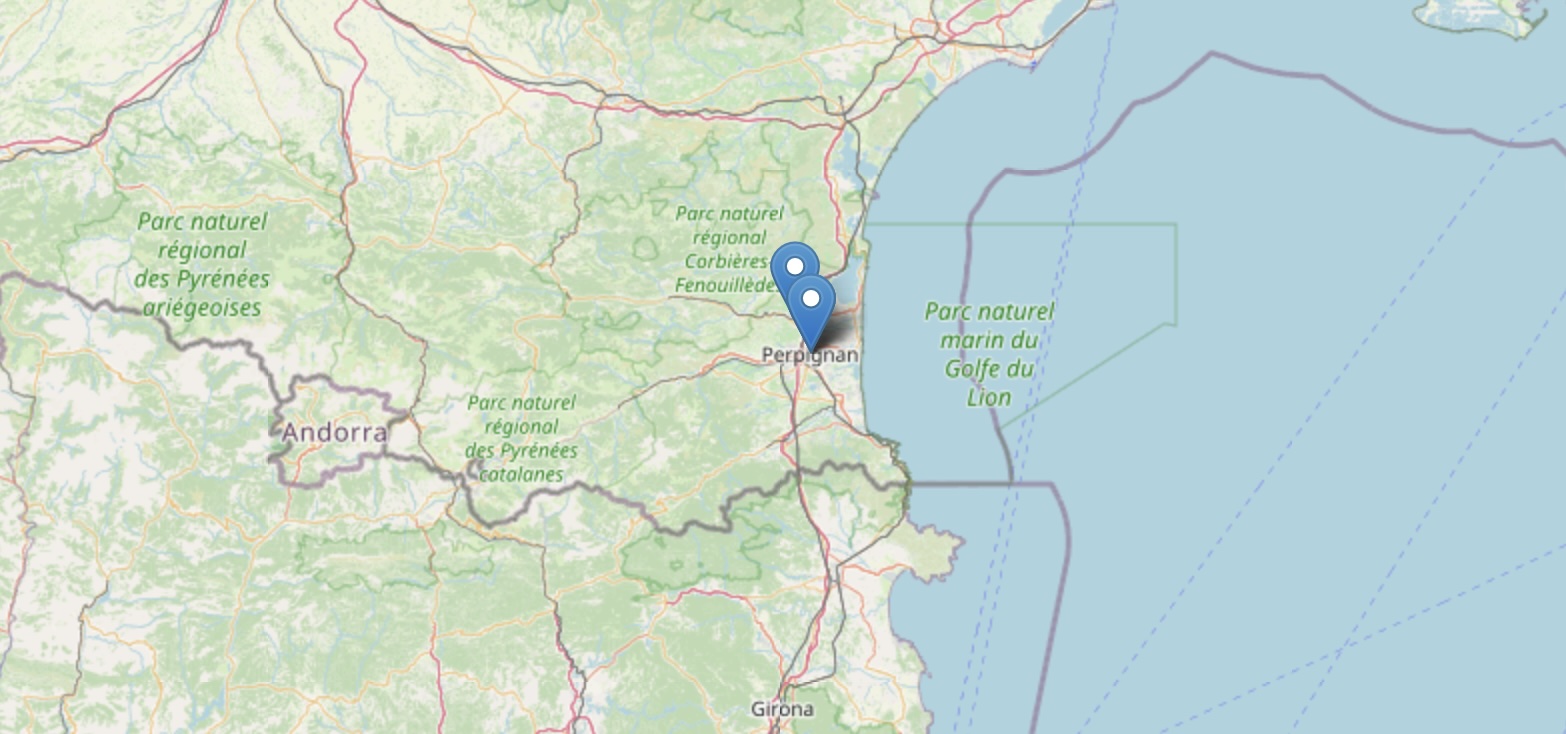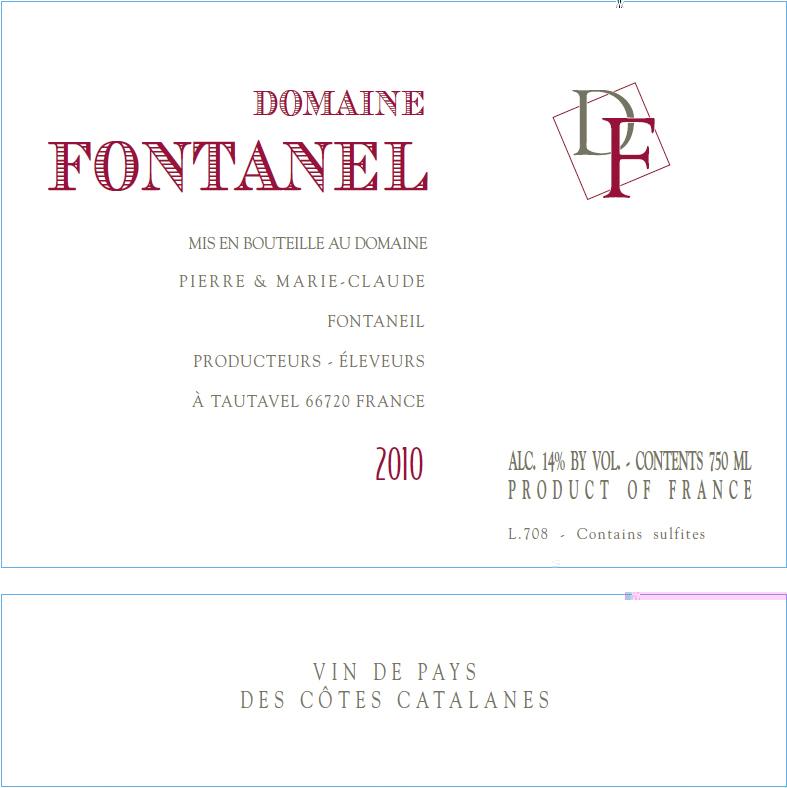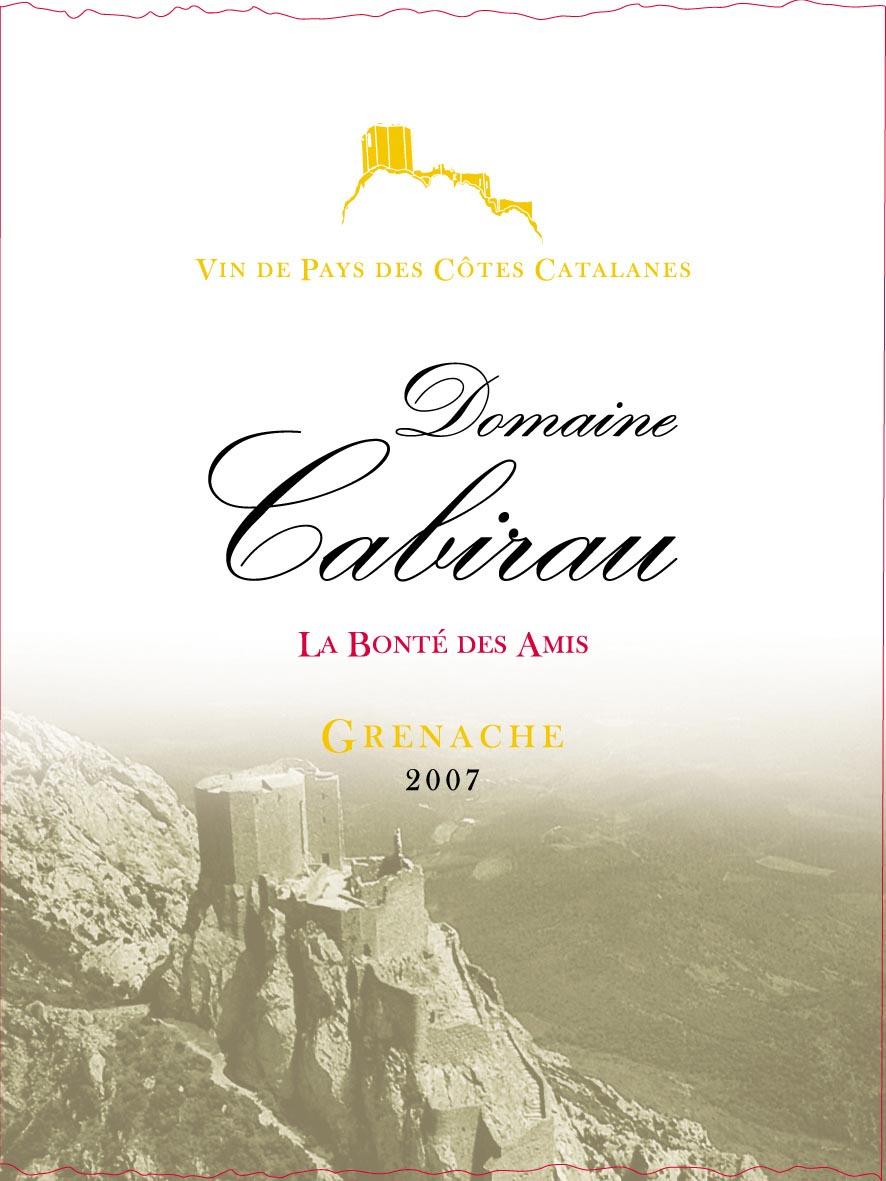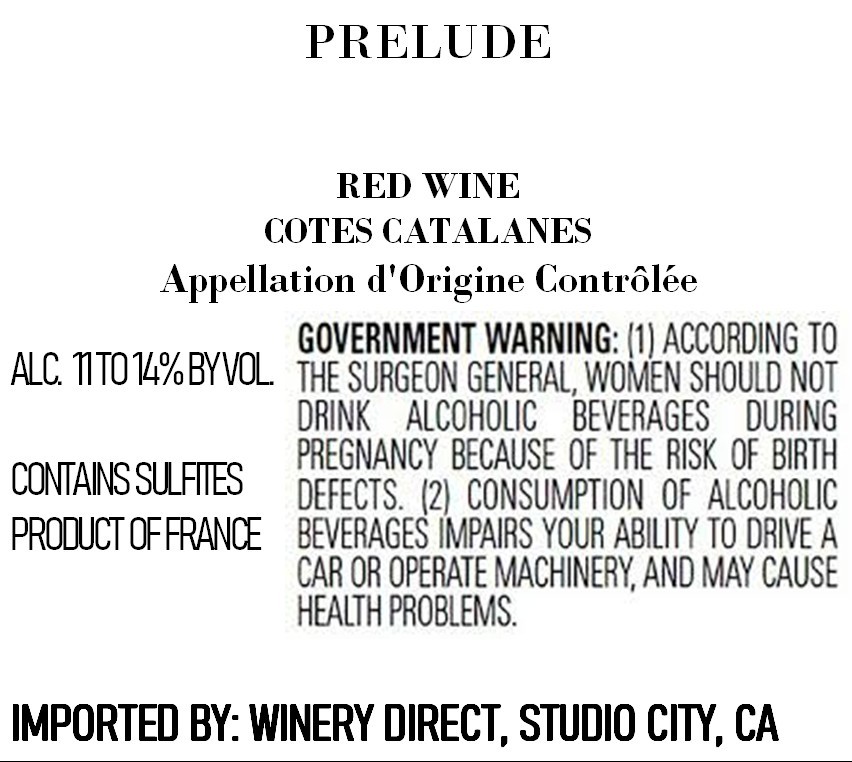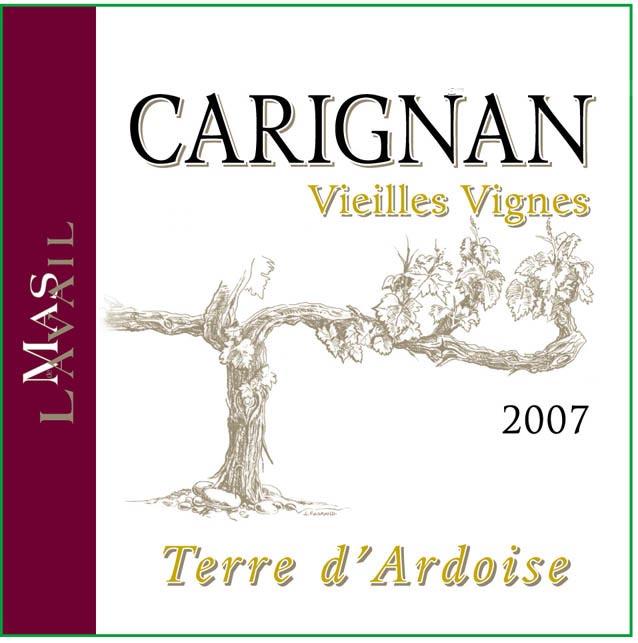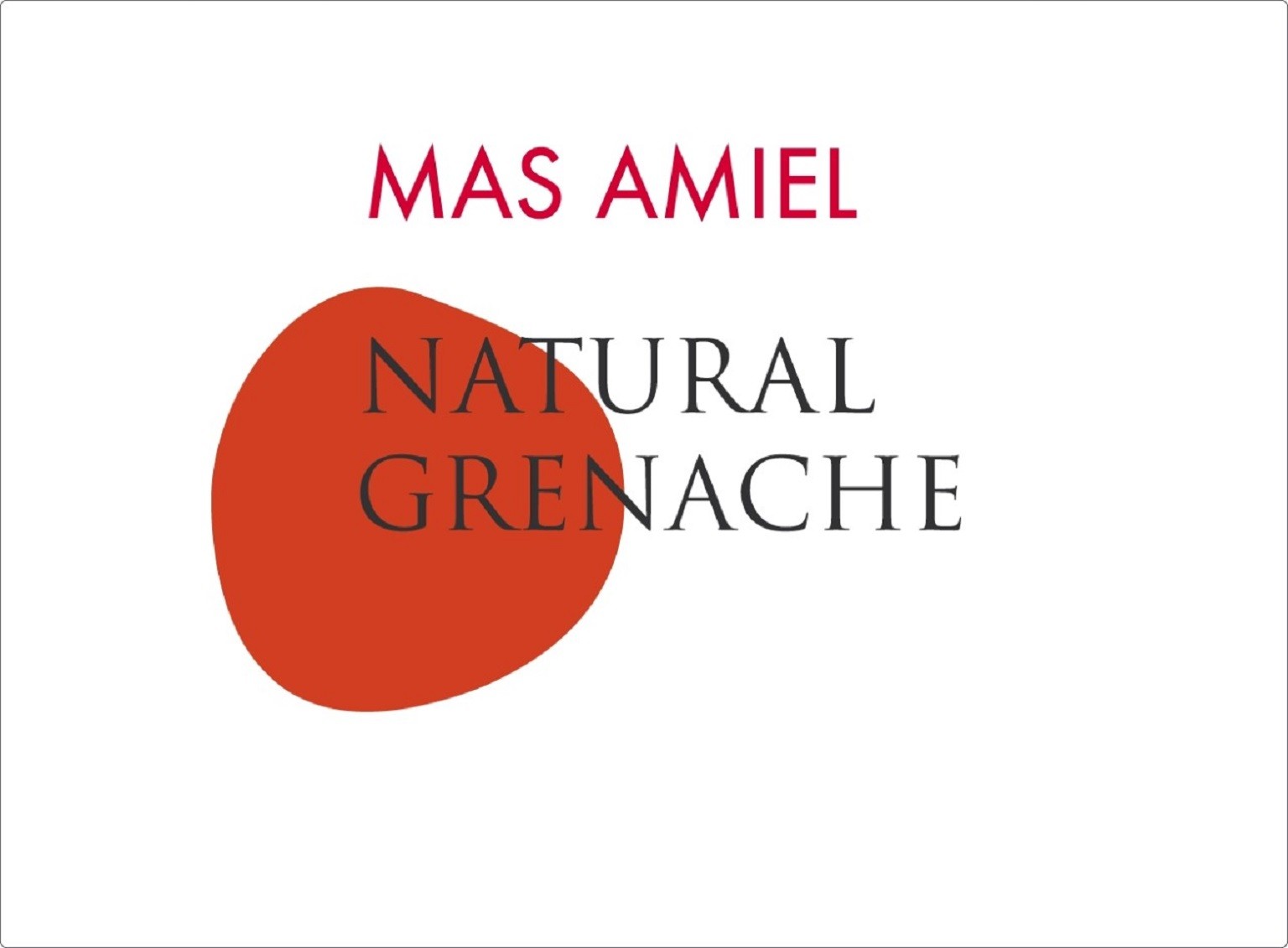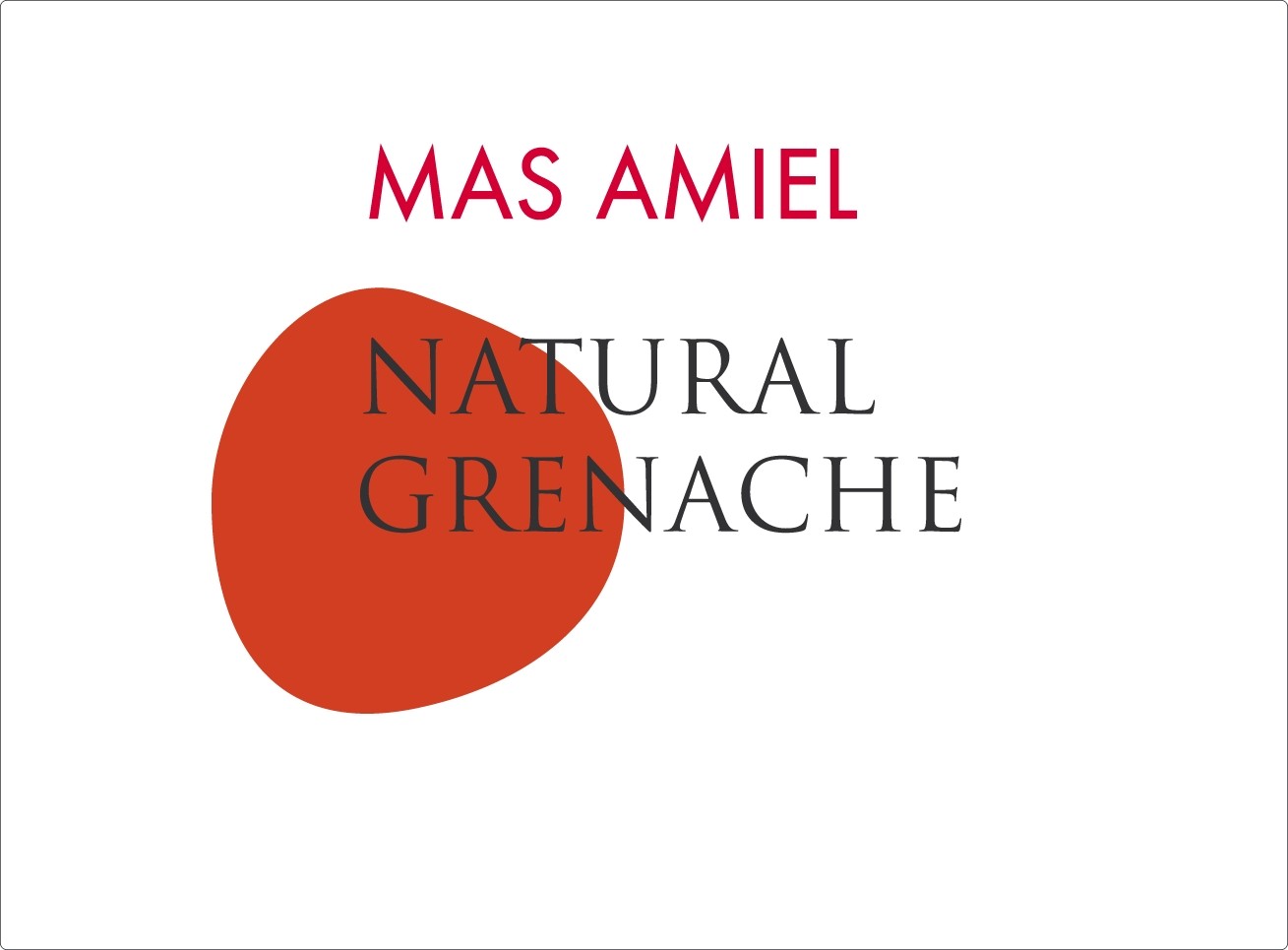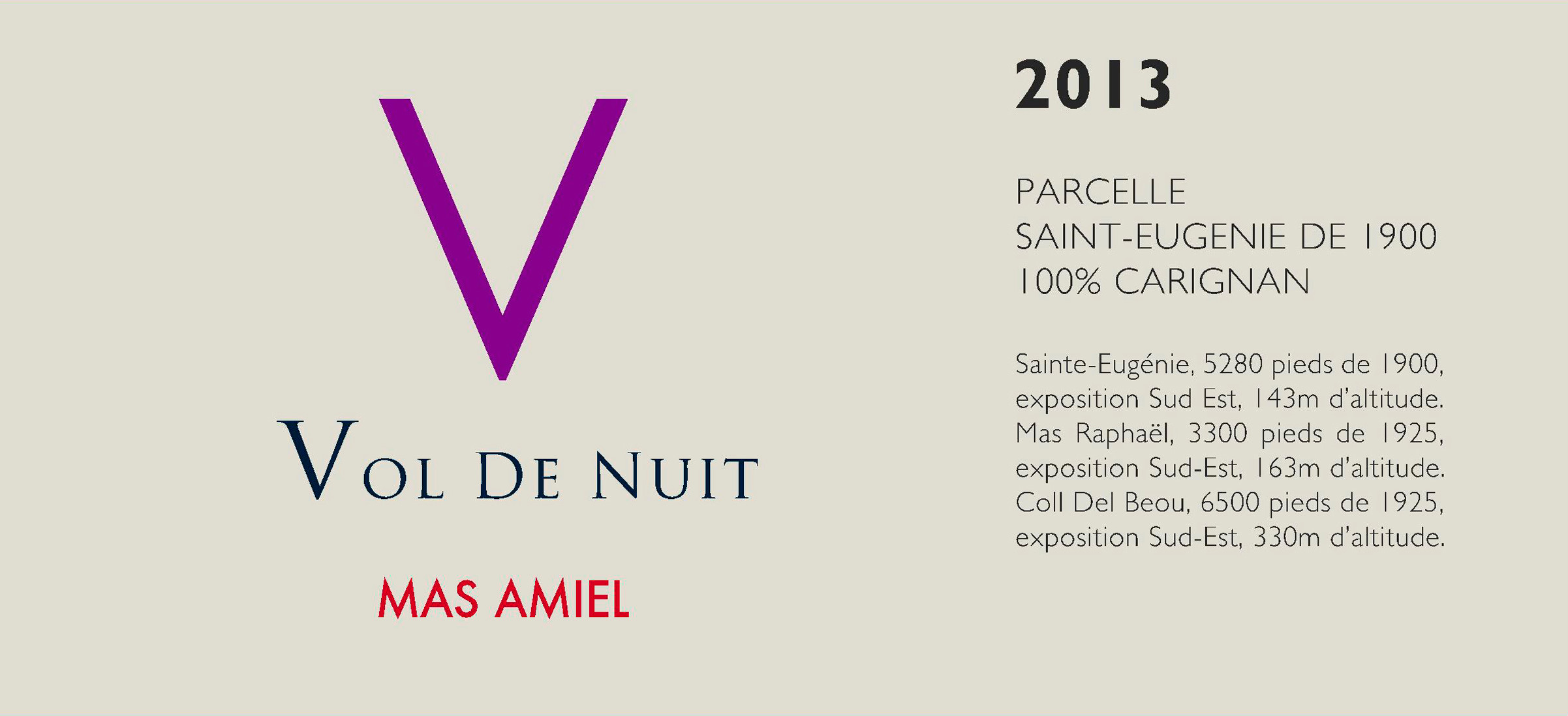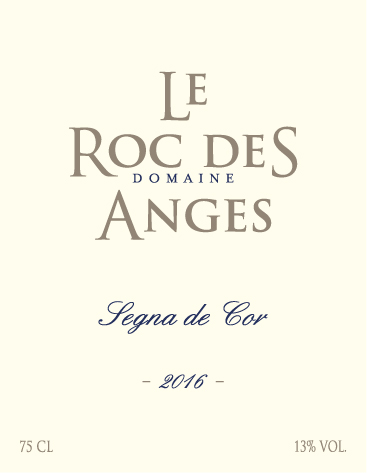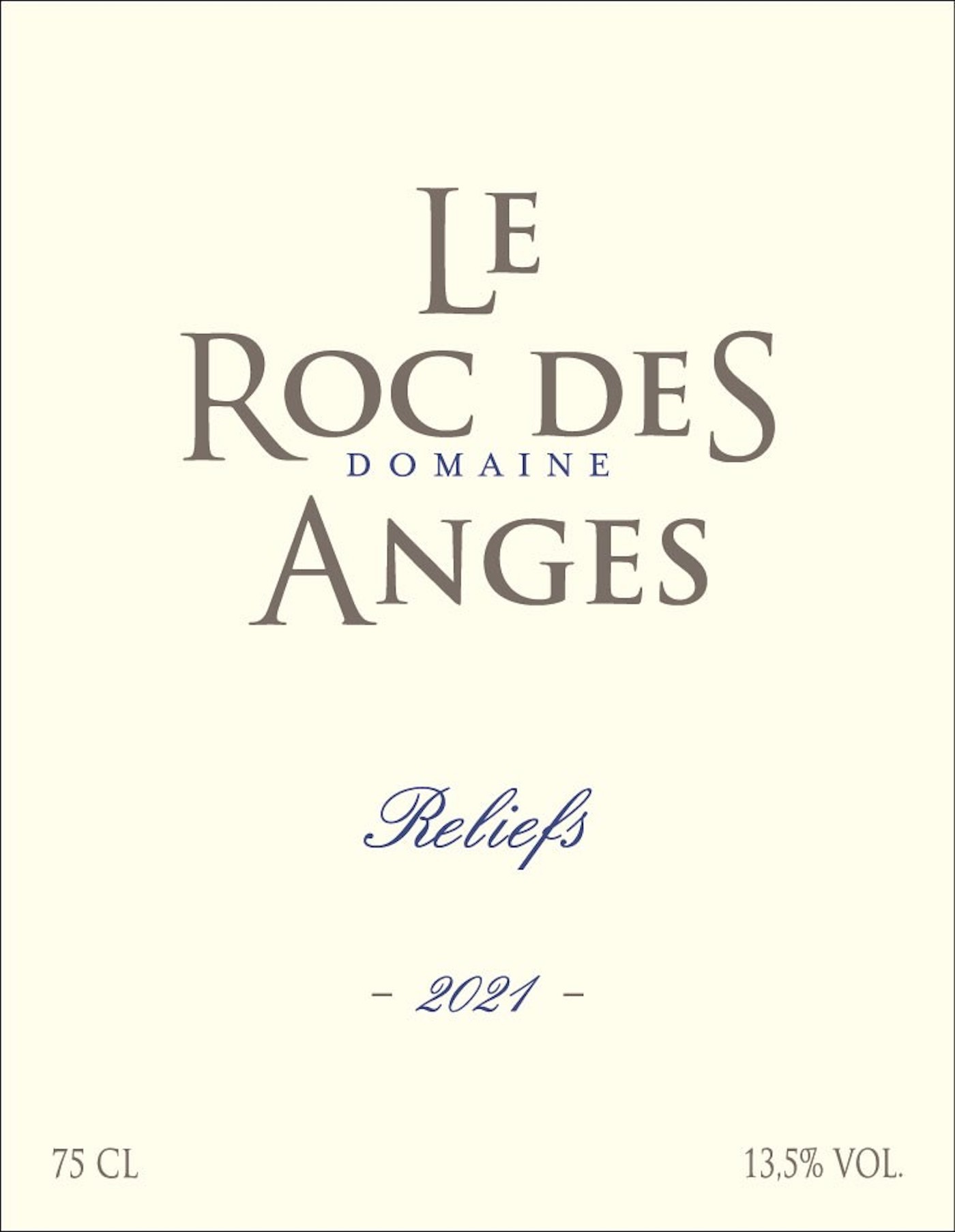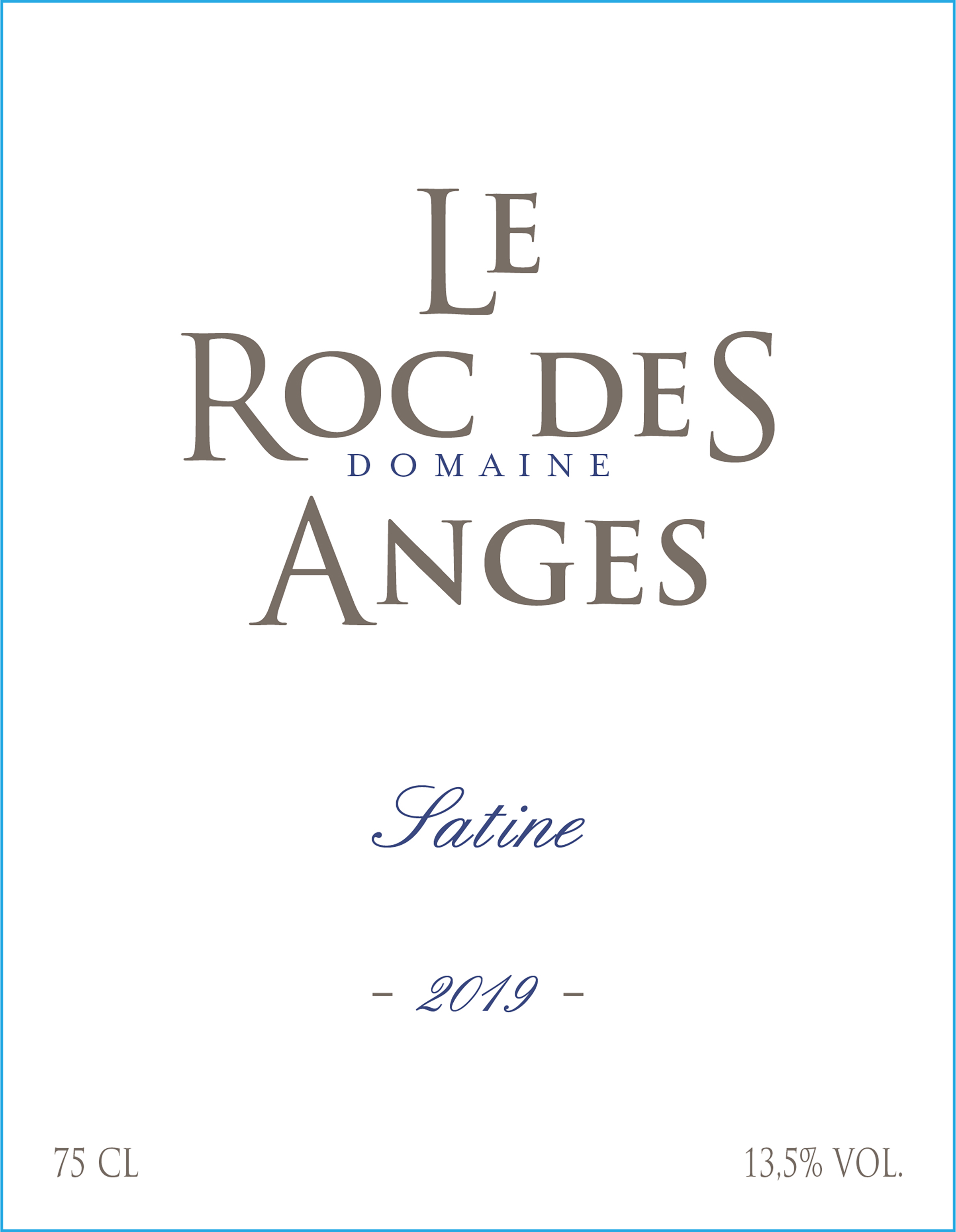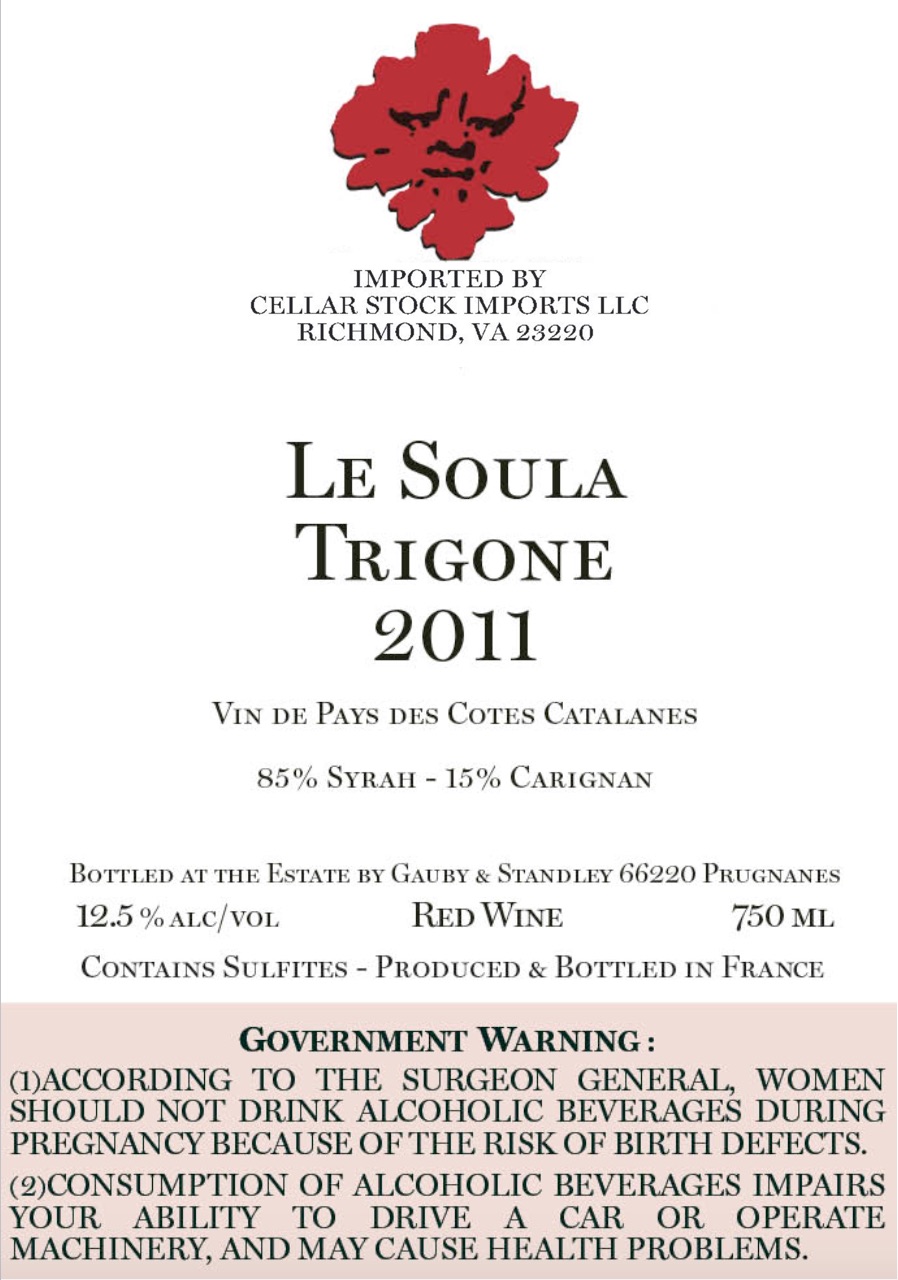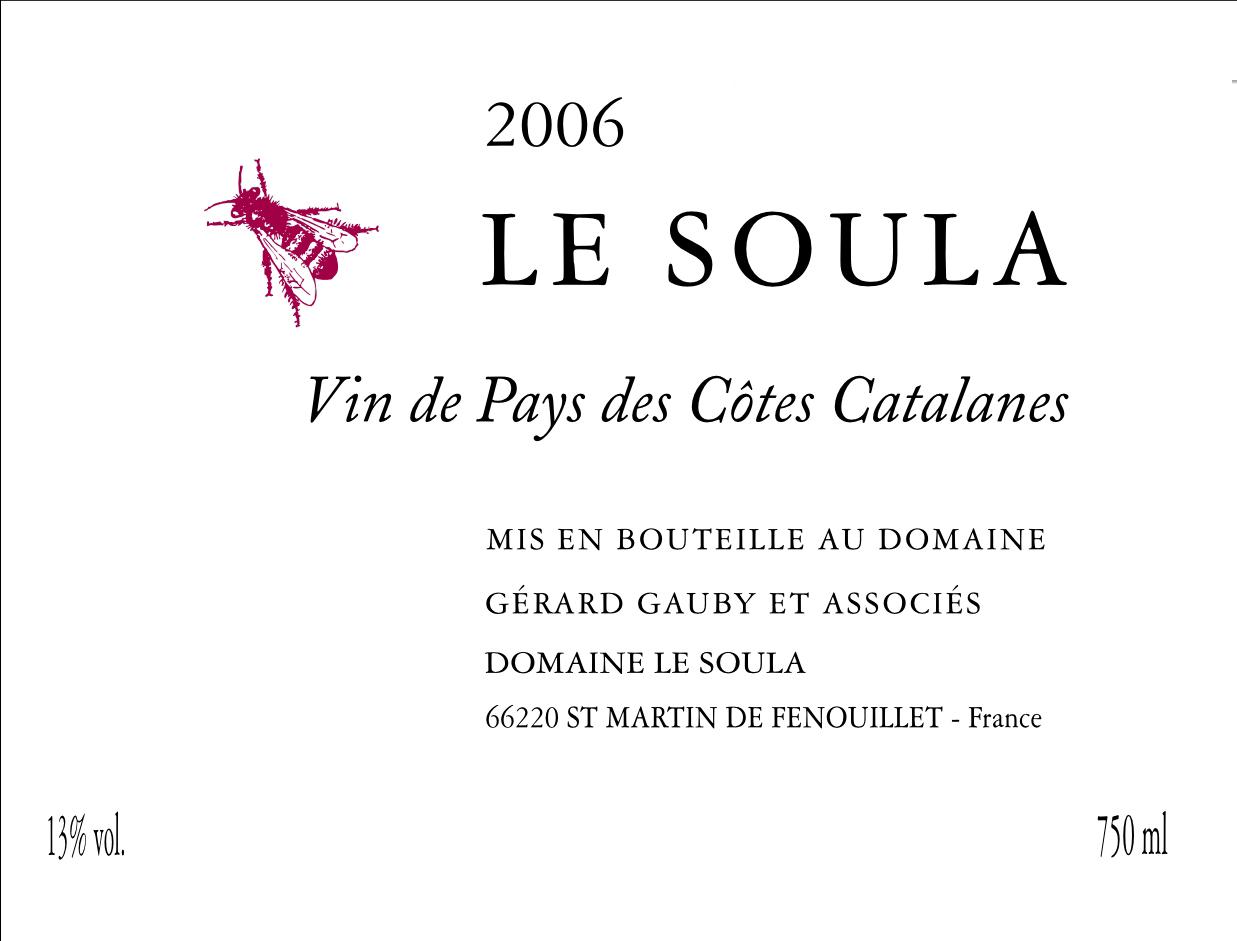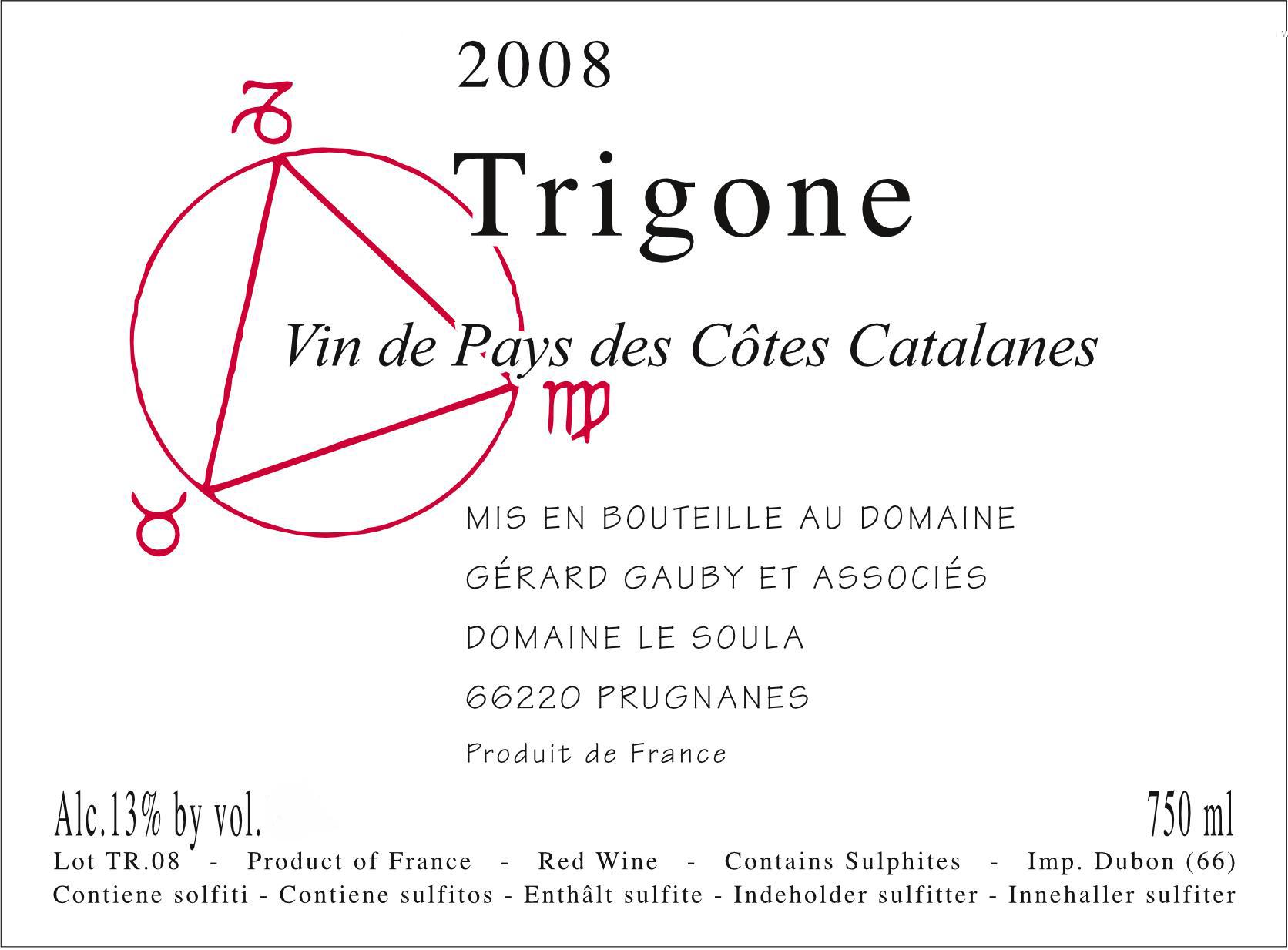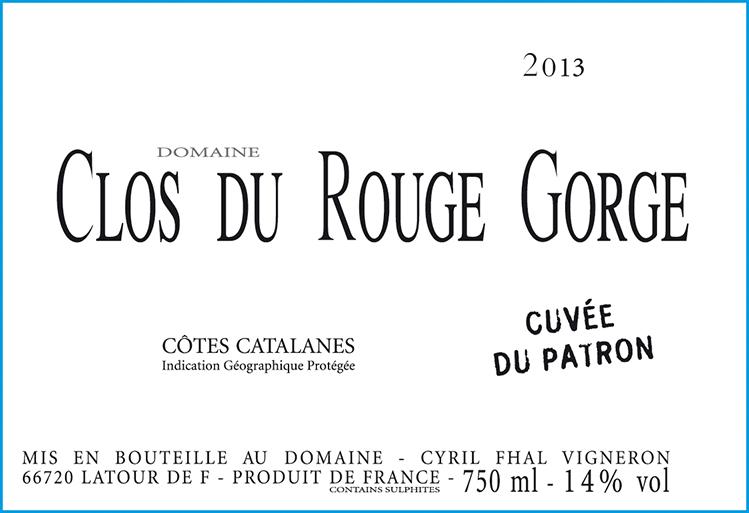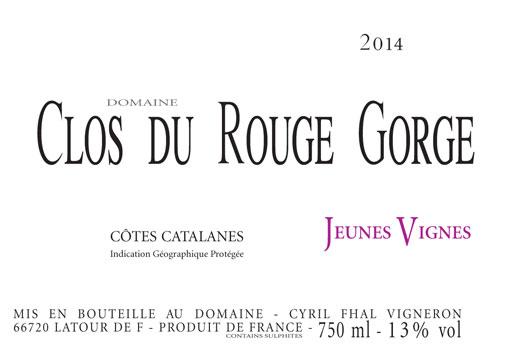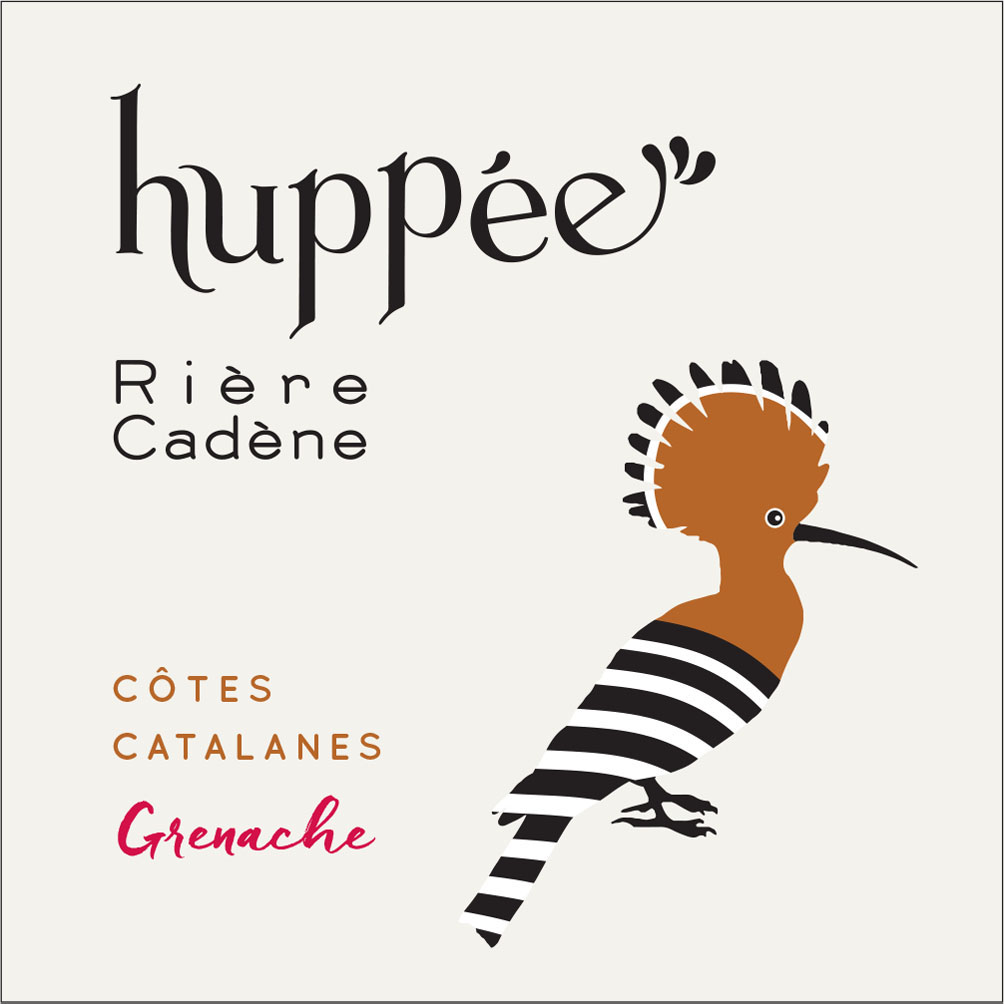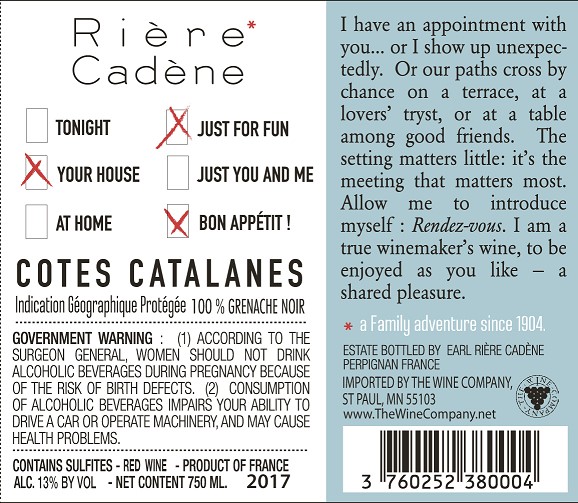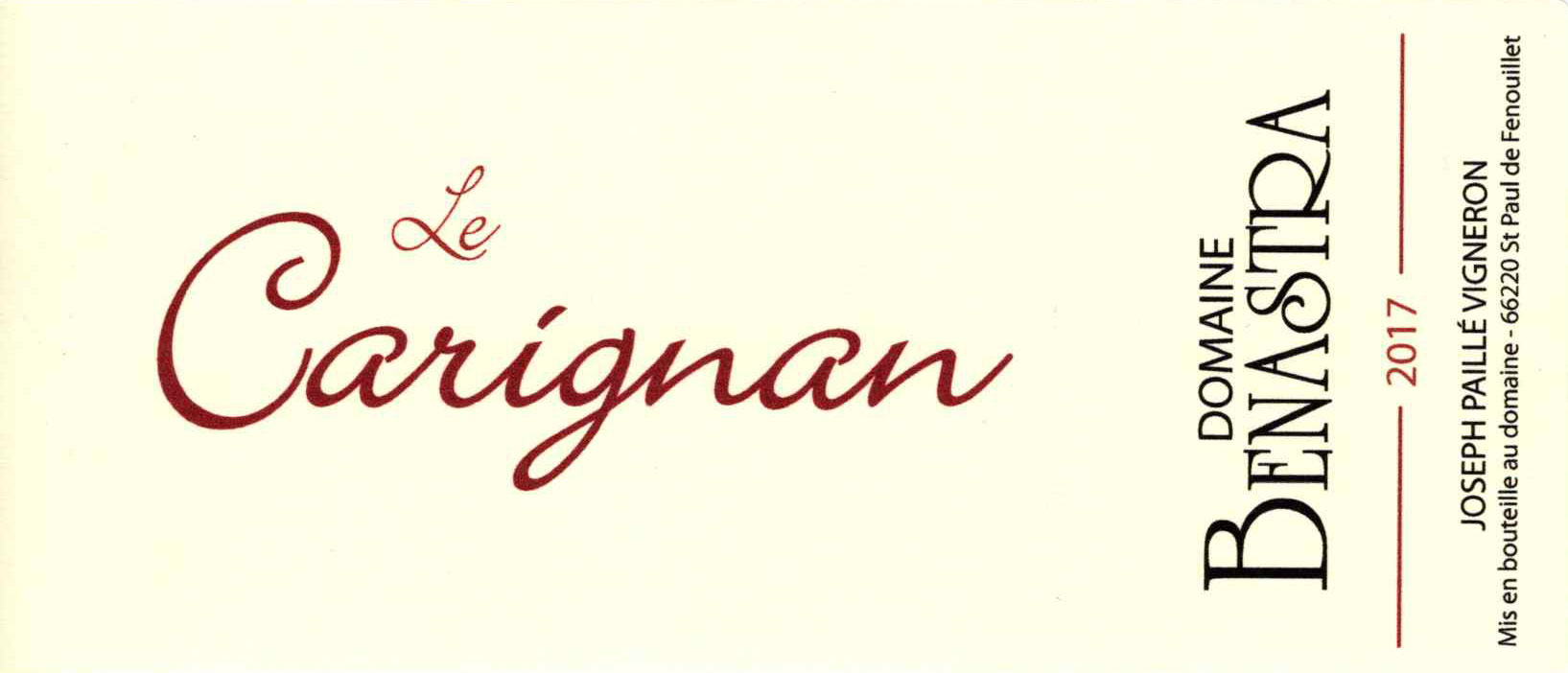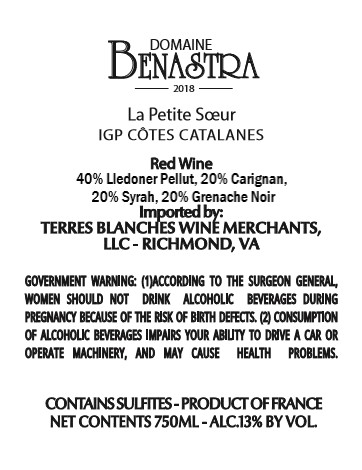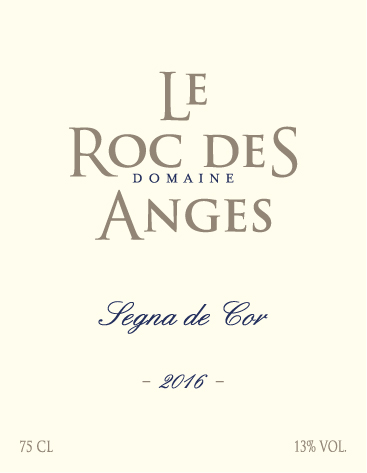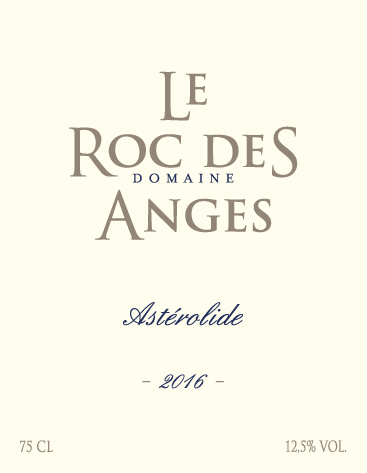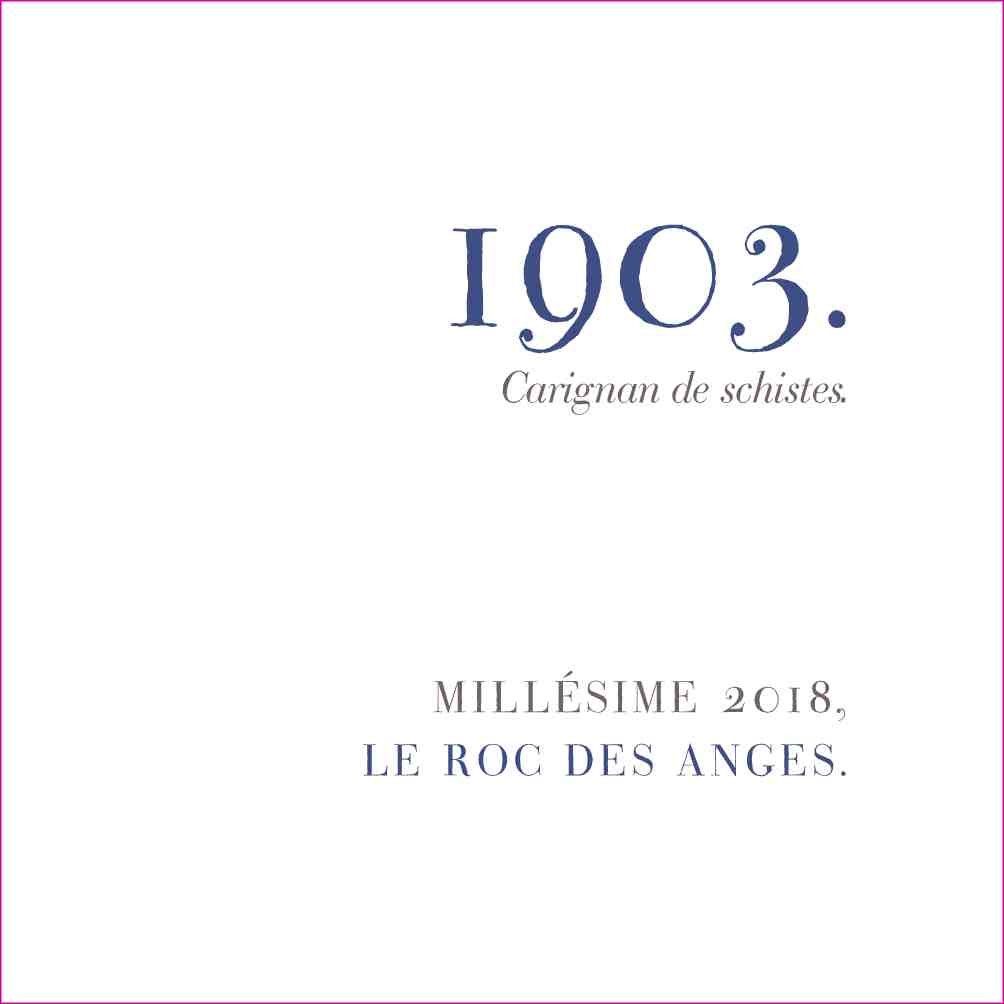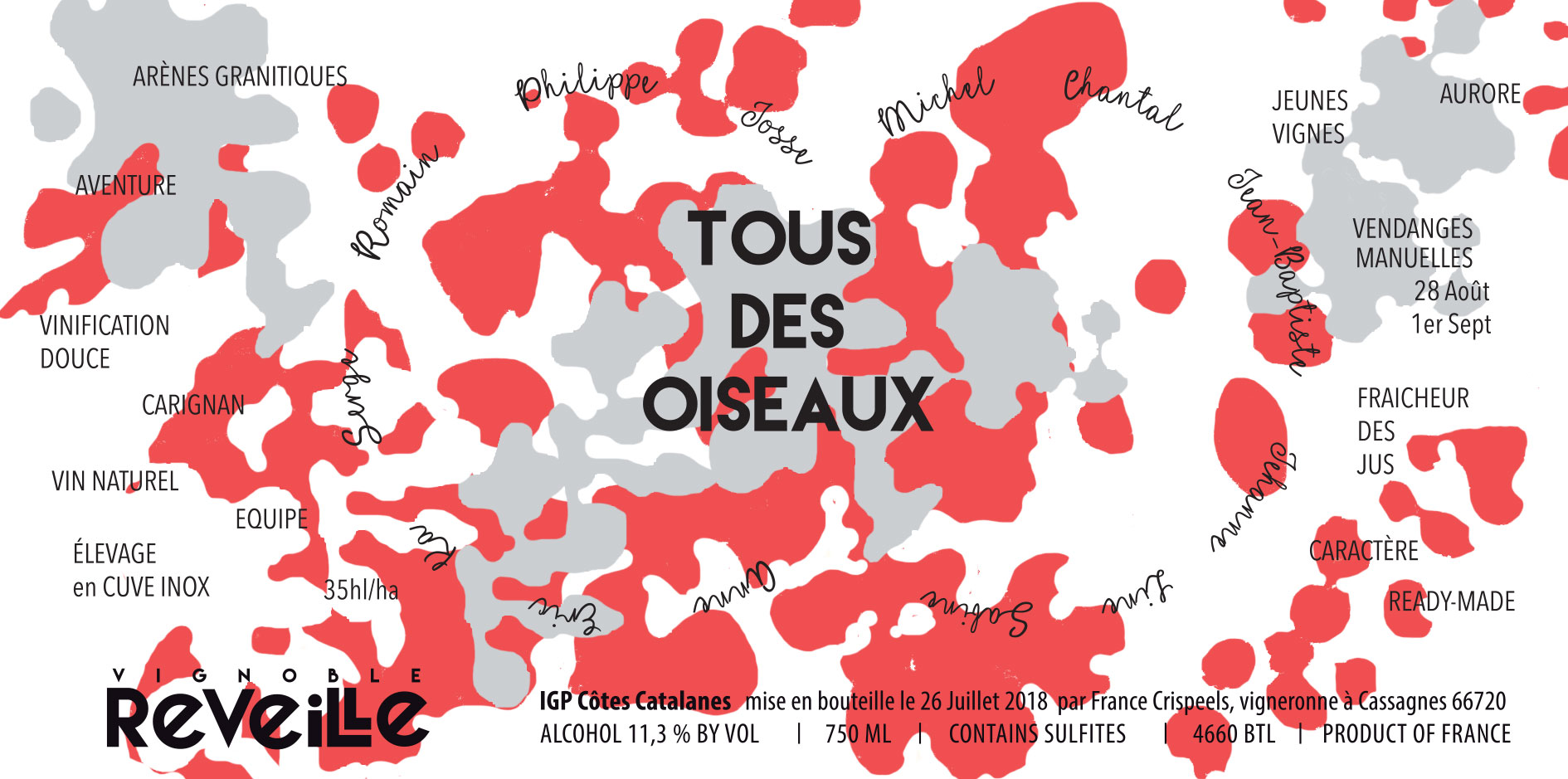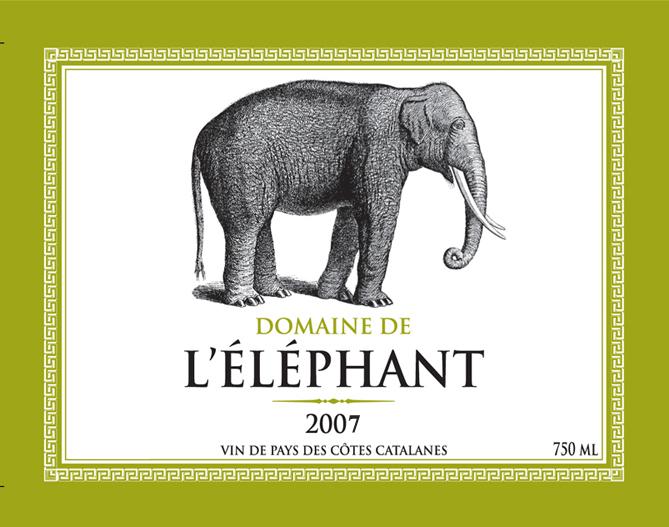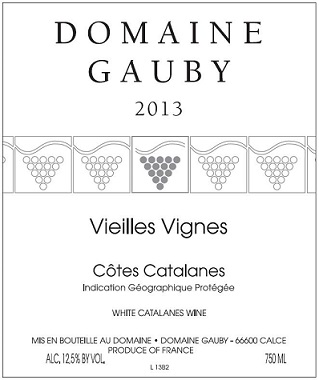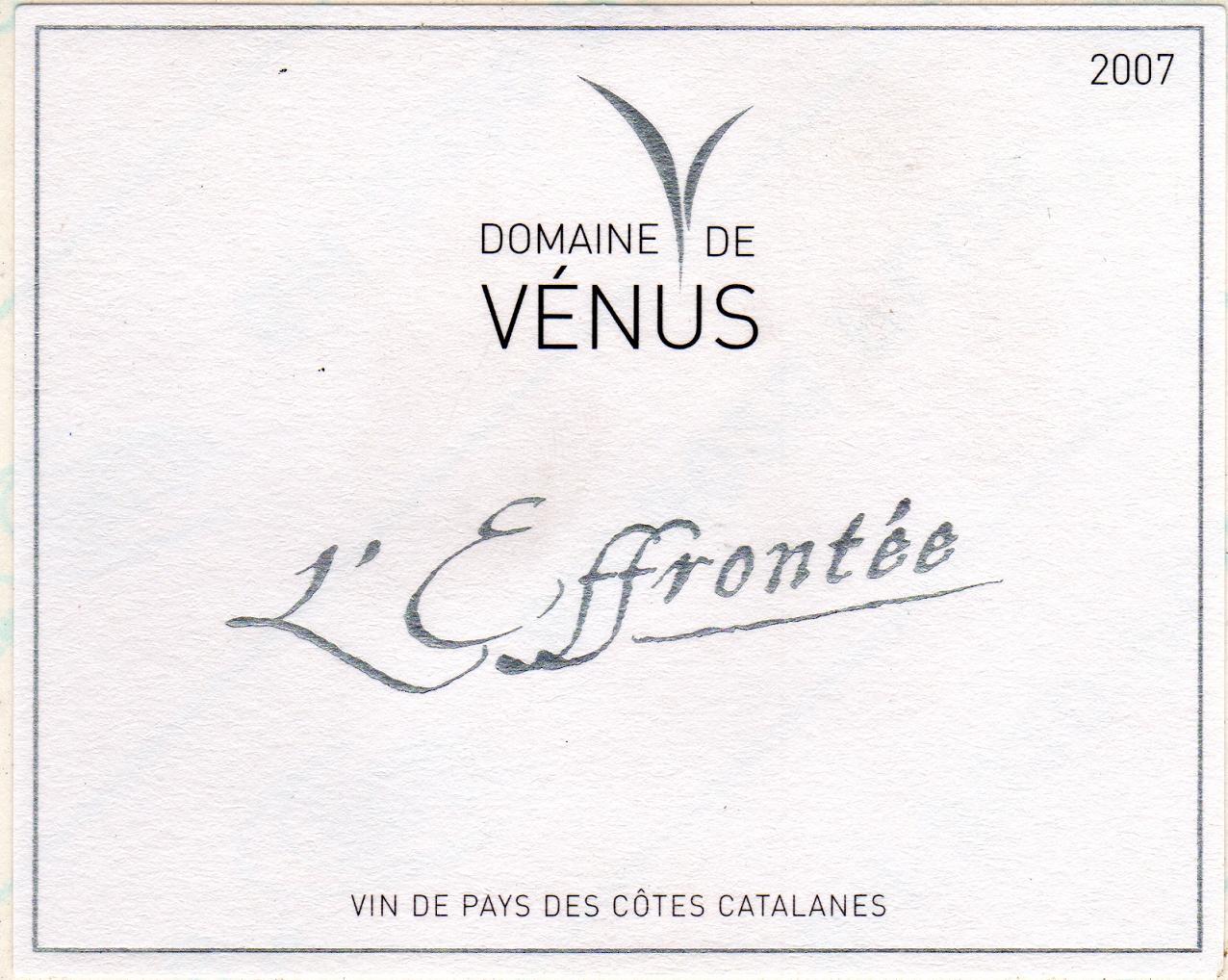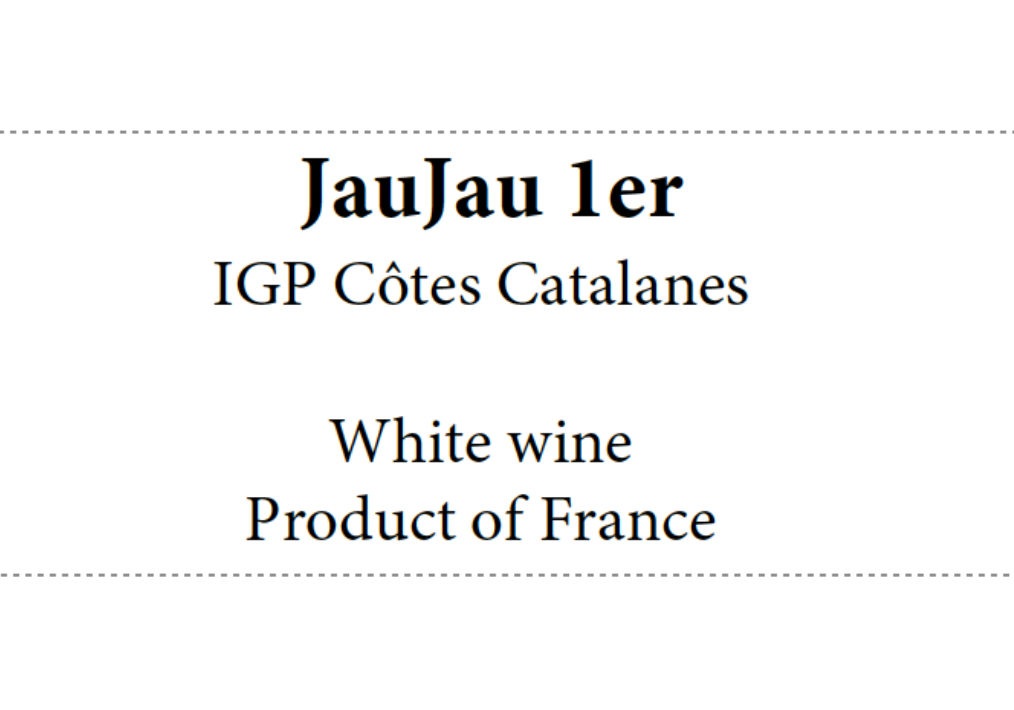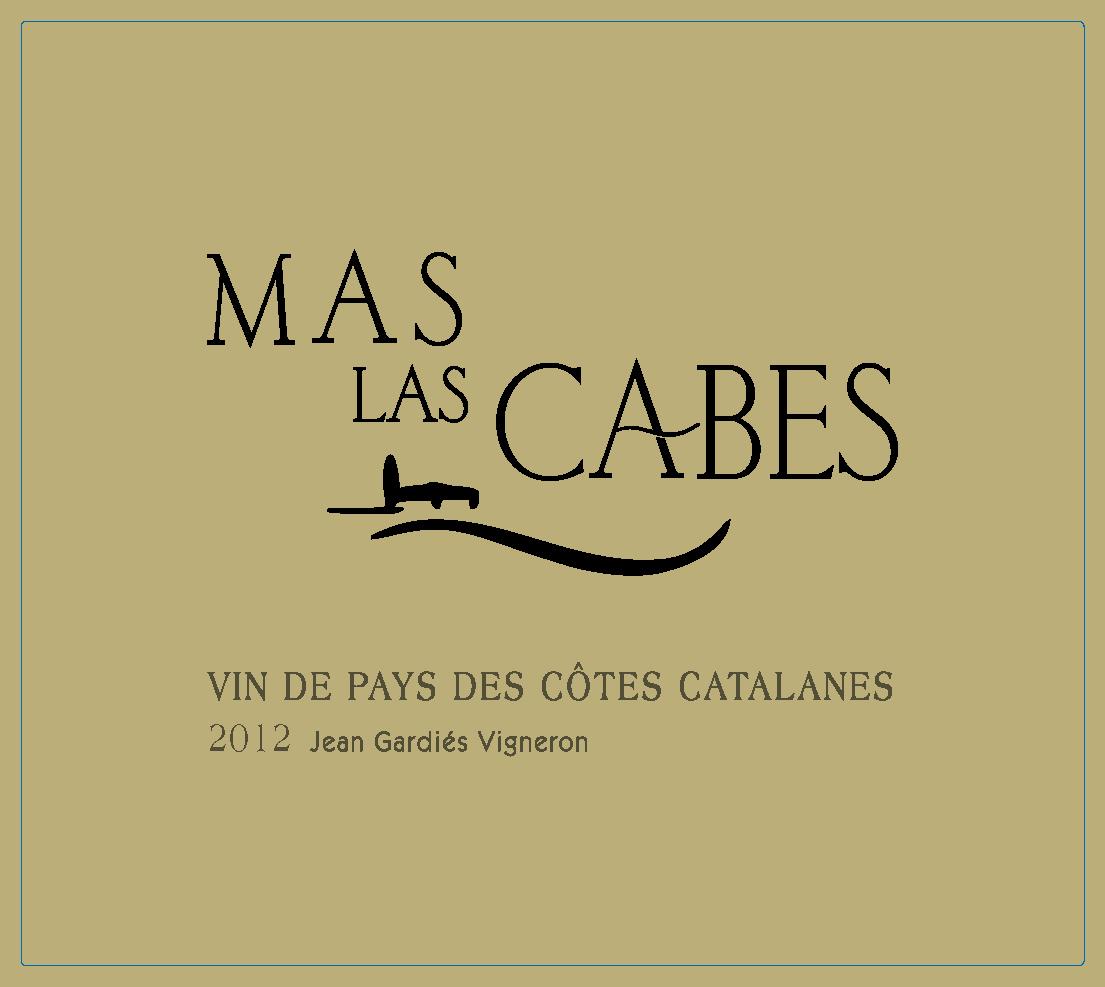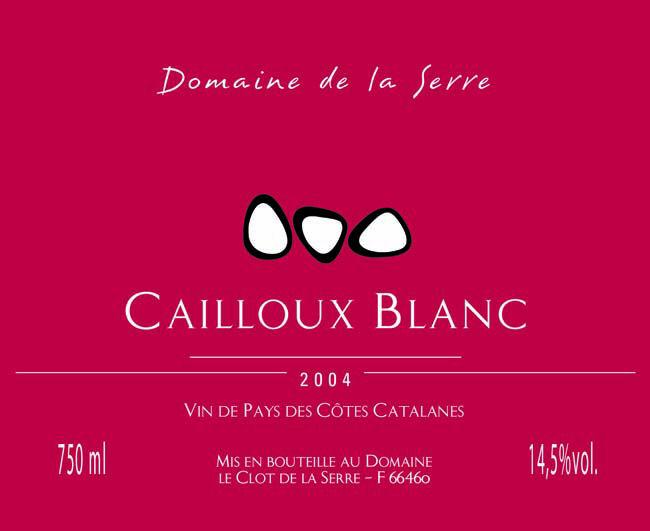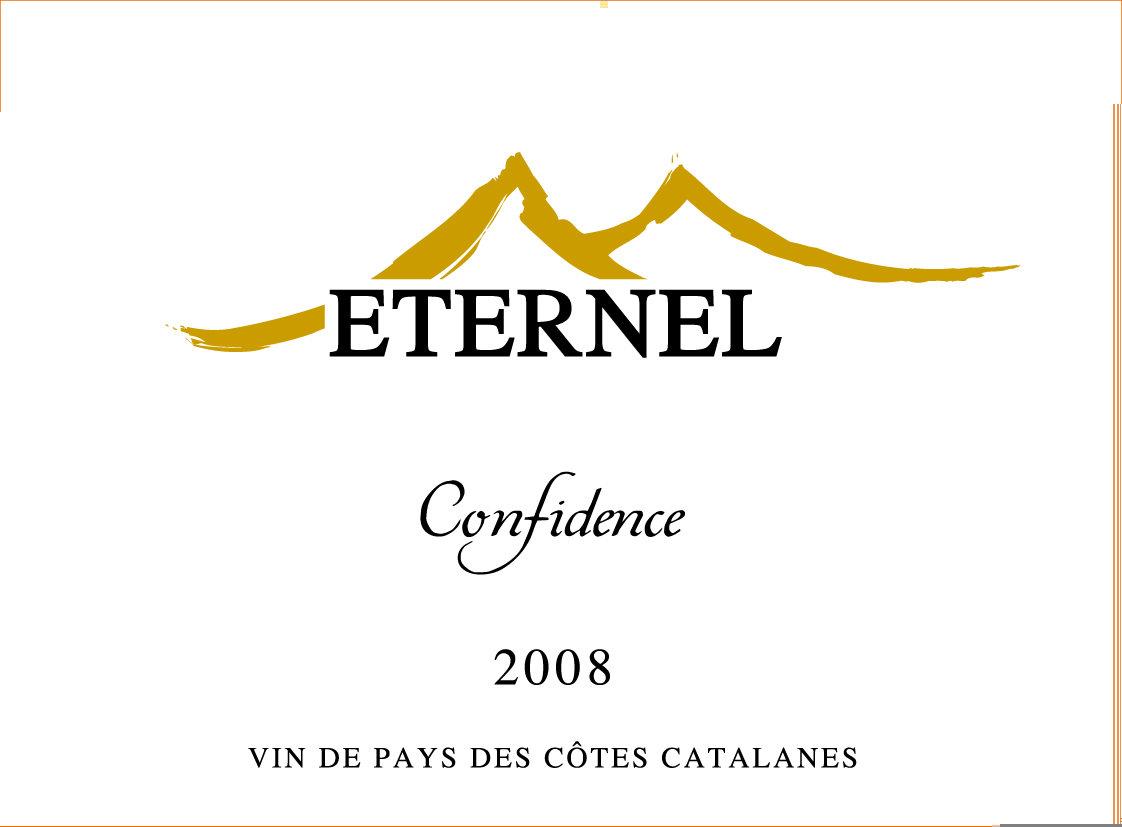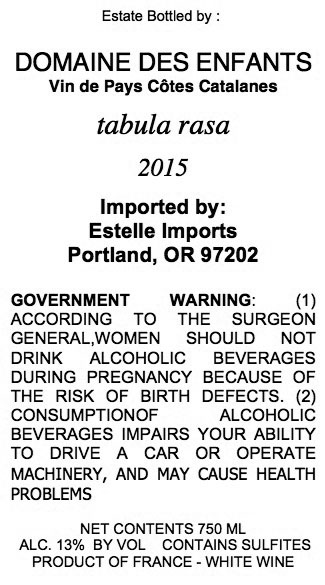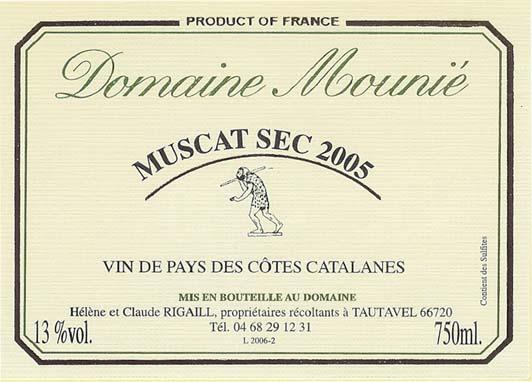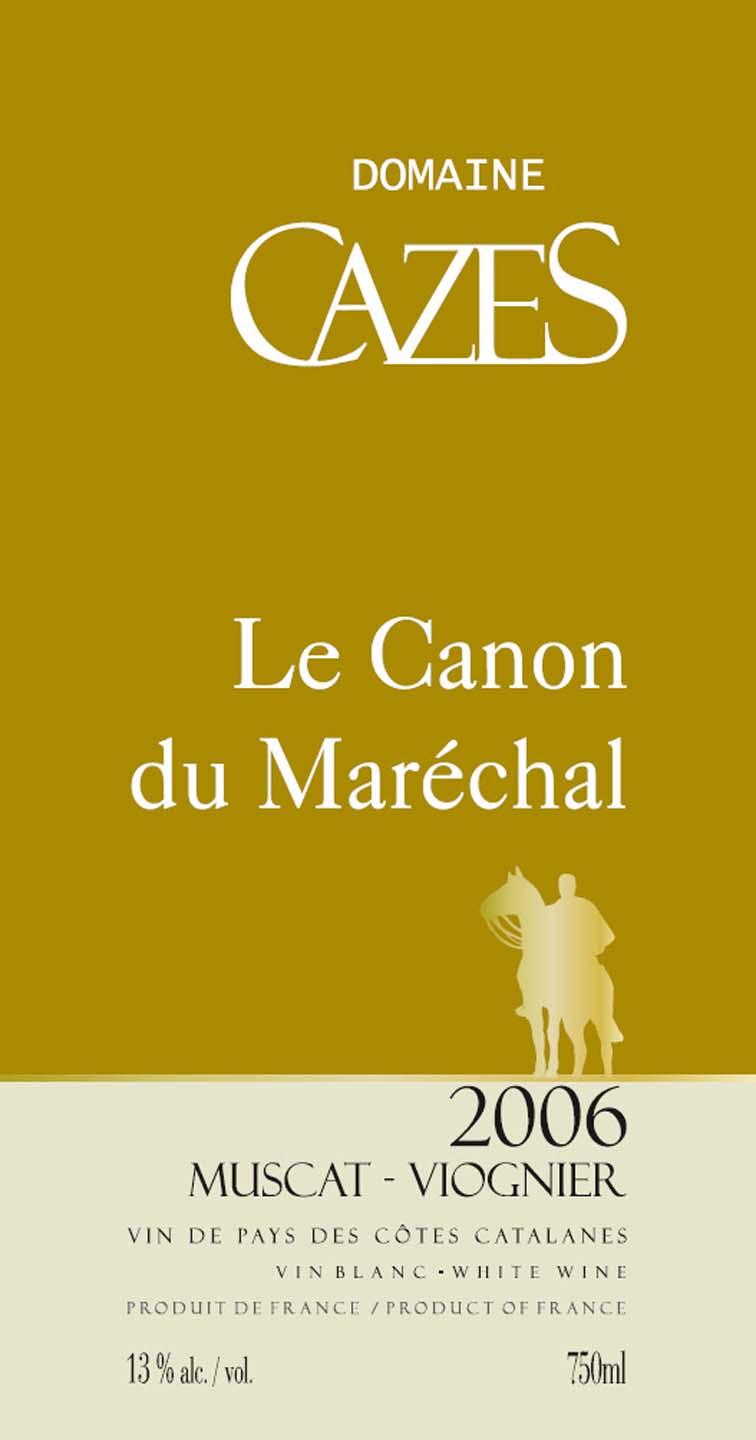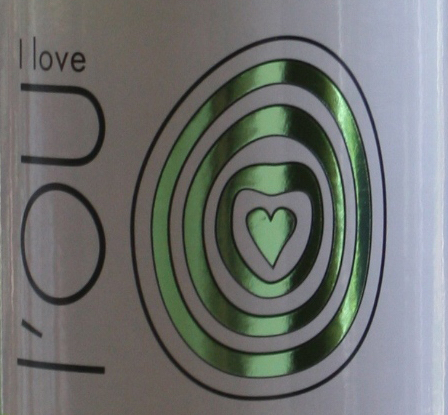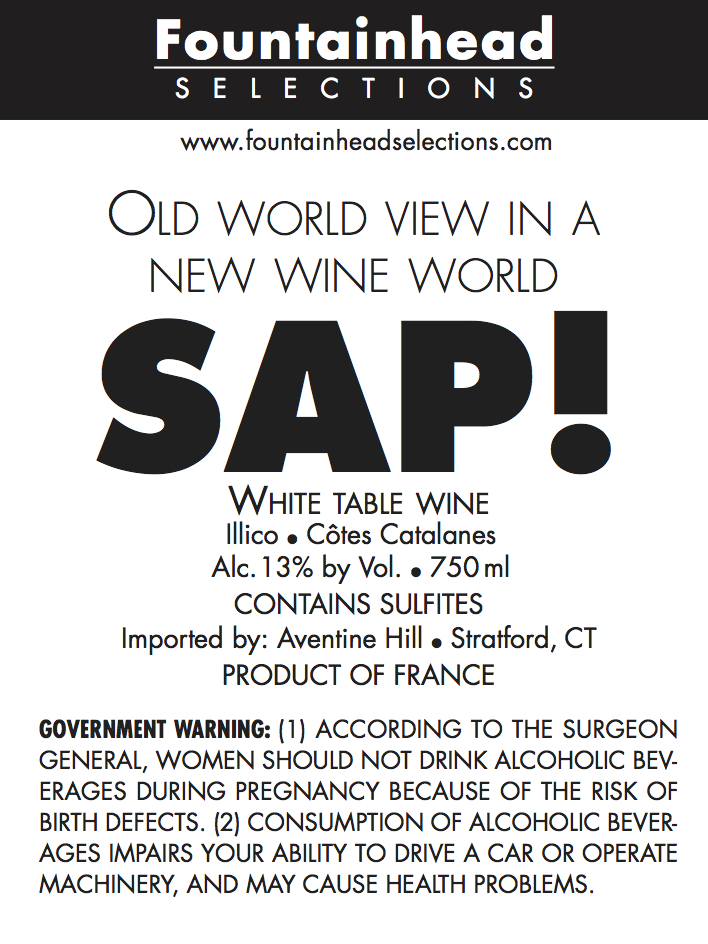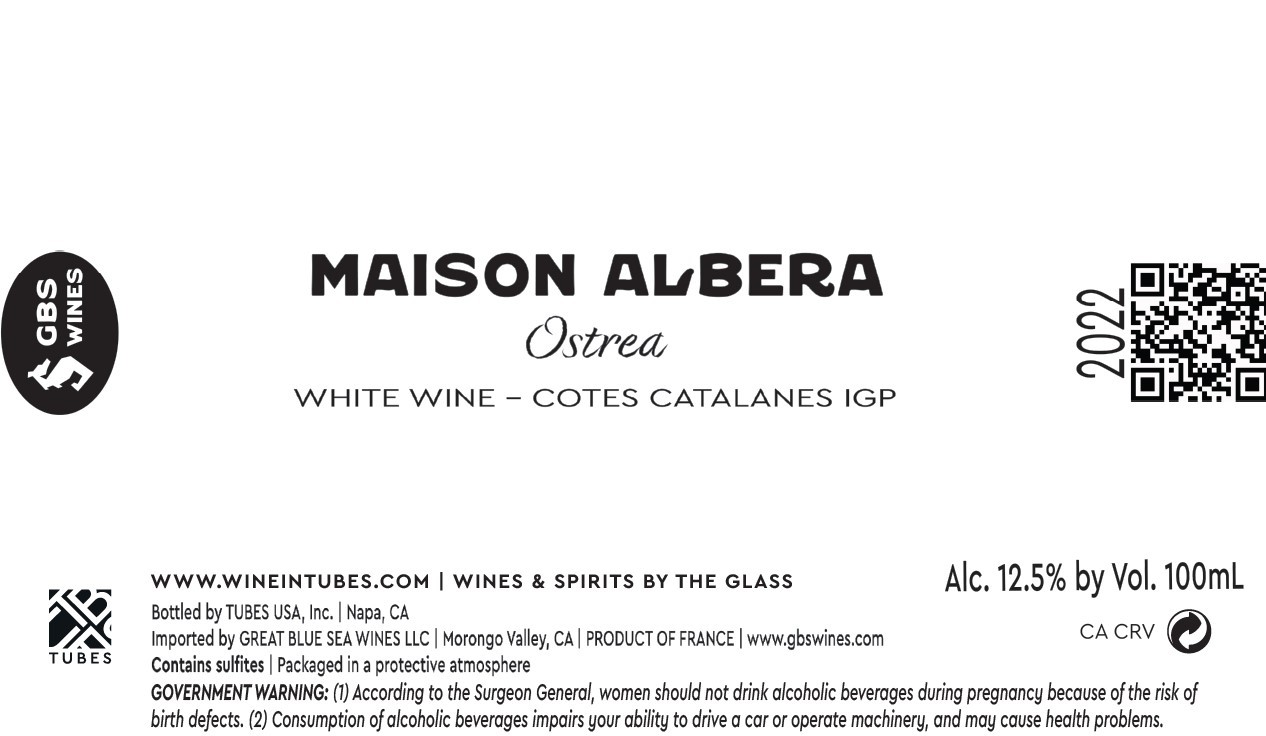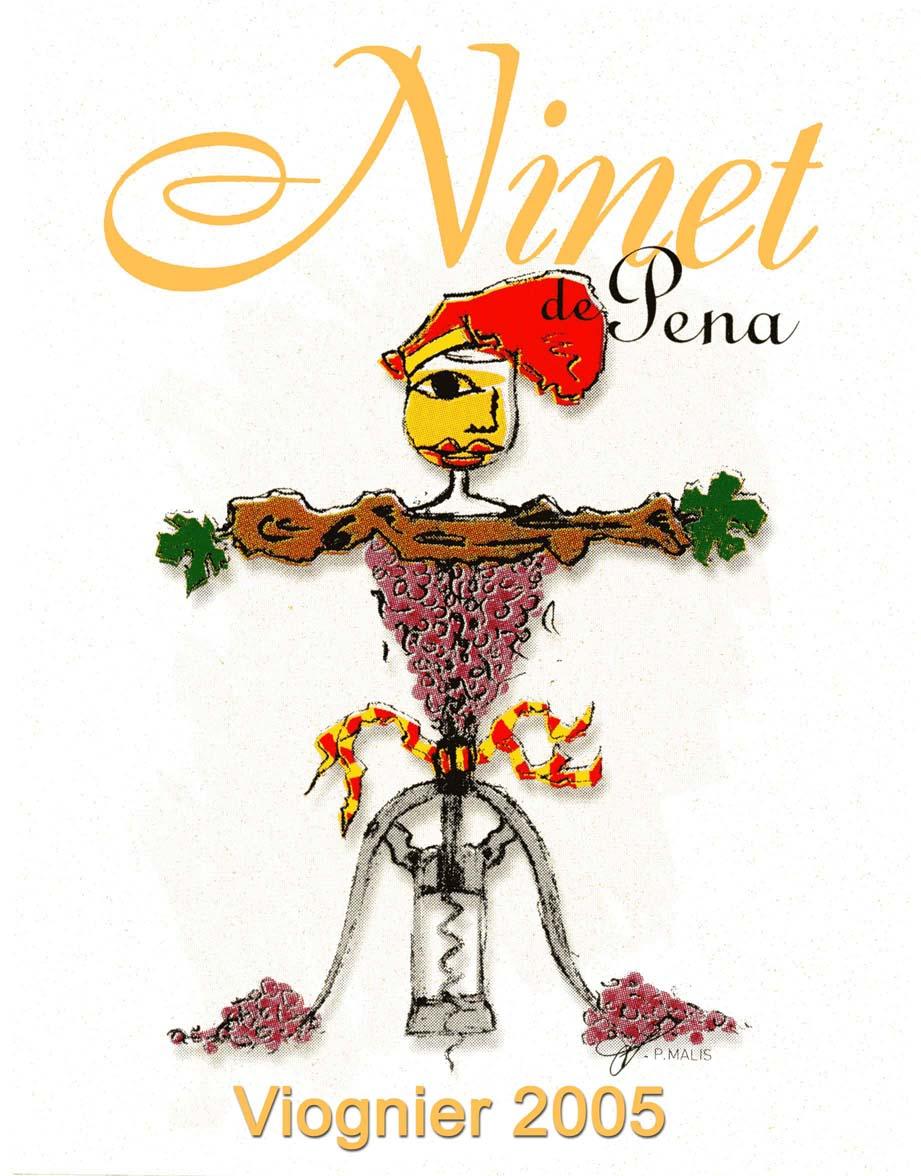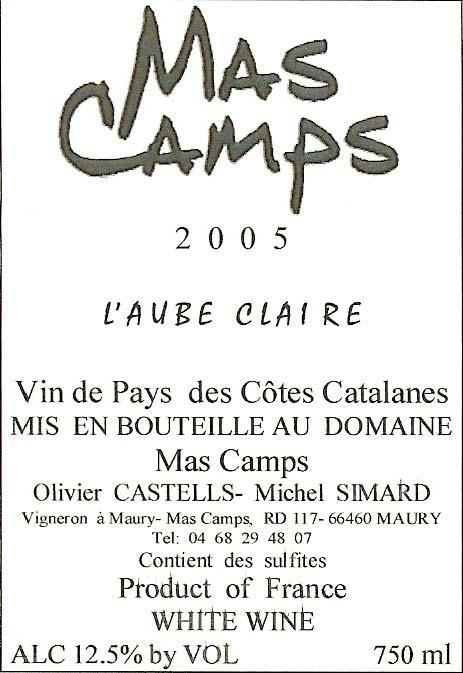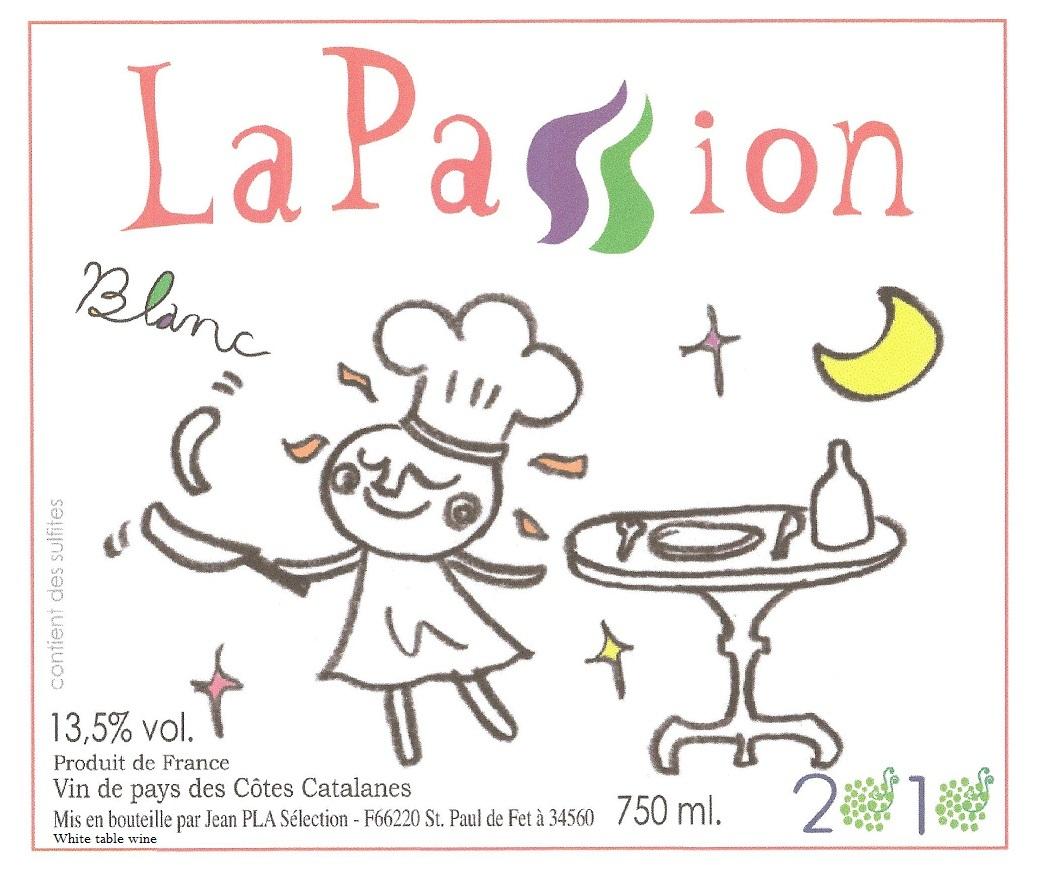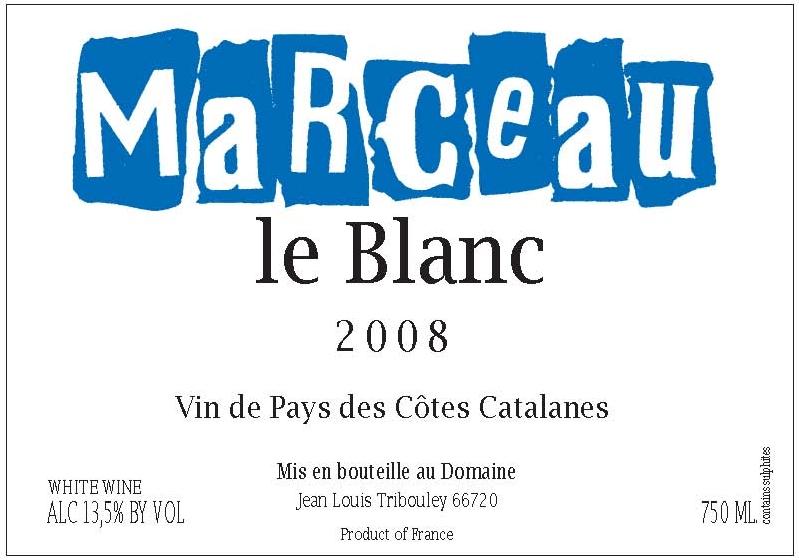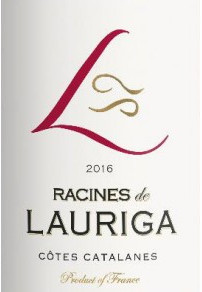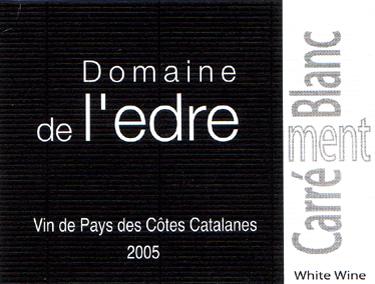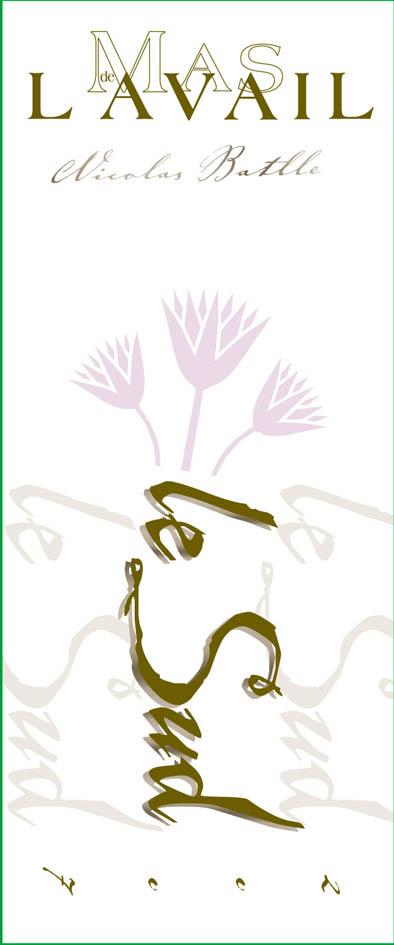Terroir of the Côtes Catalanes
The Côtes Catalanes region enjoys a warm Mediterranean climate with long, sunny summers, ideal for grape ripening. The Tramontane wind sweeps through, reducing moisture and protecting vines from rot. Vineyards stretch from sea level to the Aspres foothills, where cooler nights help preserve acidity and aromas. Soils vary widely, from sandy, gravelly coastal areas to schist, quartzite, and decomposed granite in the Aspres. The Agly and Têt valleys have old river gravels, limestone, and volcanic outcrops.
This variety in elevation and soil creates unique site differences, leading to wines with herbal garrigue notes and a mineral finish. Different vine training methods, from traditional bush vines to trellises, add to the wine's character. Mild winters and a long growing season ensure grapes develop complexity and depth, maximizing the diverse terroir.
Notable Wineries in the Côtes Catalanes
The Côtes Catalanes wine region is a haven for vinous exploration, with several standout wineries that capture the essence of this Mediterranean landscape. Here are some notable producers to explore:
-
Domaine Lafage: Known for offering a wide selection of reds, rosés, and whites that provide excellent value.
-
Domaine Gauby: Celebrated for its commitment to organic farming and producing mineral-rich, elegant wines.
-
Le Clos des Fées: A must-try for Grenache-driven reds that showcase depth and complexity.
-
Domaine de la Rectorie: Renowned for its wines under the Collioure AOP and IGP labels.
These wineries often open their doors for tastings, offering visitors a chance to experience the diversity and innovation that define the Côtes Catalanes. Check regional guides for the best visiting times.
Sustainable Winemaking in the Côtes Catalanes
The Côtes Catalanes region in Roussillon embraces sustainability with practices that reflect its unique environment. The dry, windy climate naturally reduces disease pressure, allowing vineyards to limit chemical use. Many adopt organic and biodynamic farming, utilizing cover crops and maintaining soil health. Techniques like green harvesting, hand weeding, and sheep grazing promote biodiversity. Solar energy and water-saving systems are also implemented to enhance eco-friendly operations.
The region benefits from the IGP framework, which supports the planting of fungus-resistant grape varieties such as Soreli and Muscaris, reducing the need for chemical sprays. In the cellar, minimal intervention is key, with producers often using native yeasts and avoiding excessive oak. This commitment to sustainability not only preserves the environment but also highlights the distinctive terroir of the Côtes Catalanes.
Wine Tourism in the Côtes Catalanes
Wine tourism in the Côtes Catalanes offers a unique blend of scenic beauty and cultural richness. Visitors can explore rustic cellars with guided tastings, surrounded by picturesque views of olive groves and mountains. The region's wine routes connect charming villages like Les Aspres and the Agly Valley, ideal for hiking or cycling through hillside vineyards.
Coastal towns such as Collioure and Cerbère provide additional attractions, while local markets in Perpignan offer culinary delights. The region's cuisine, featuring seafood, charcuterie, and cheeses, pairs exquisitely with local wines. Seasonal events, including wine fairs and summer festivals, celebrate the area's viticultural heritage.
For a scenic journey, the heritage Train du Pays Cathare et du Fenouillèdes offers breathtaking views of mountain scenery and vineyard terraces. The Côtes Catalanes promises a rich experience of wine, food, and culture under the sunny Catalan sky.
